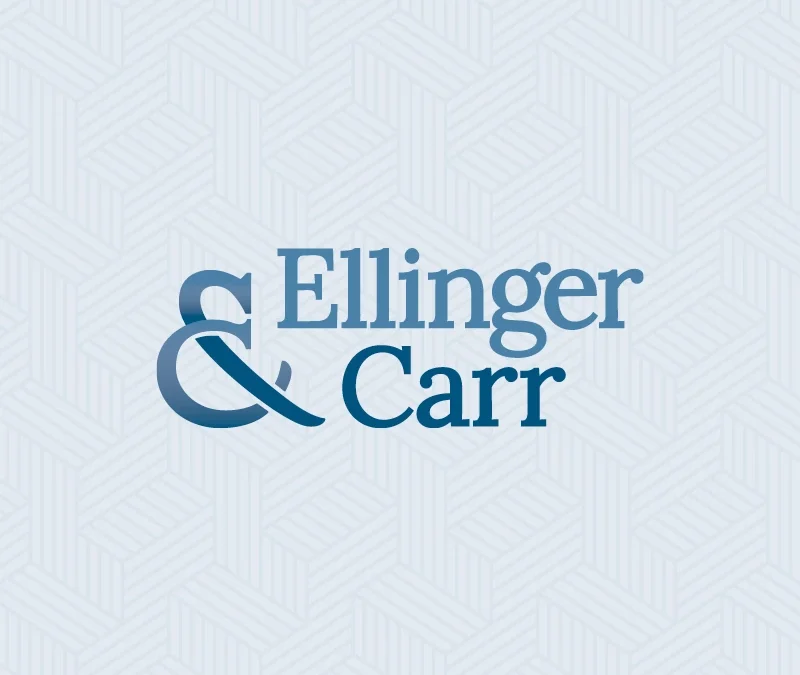I have often in my law practice advised my clients that the first rule of contracts is: "Read the contract!" Now, after a recent North Carolina Court of Appeals decision, I can emphatically say that it is their legal duty to read the contract before they sign it. In...



